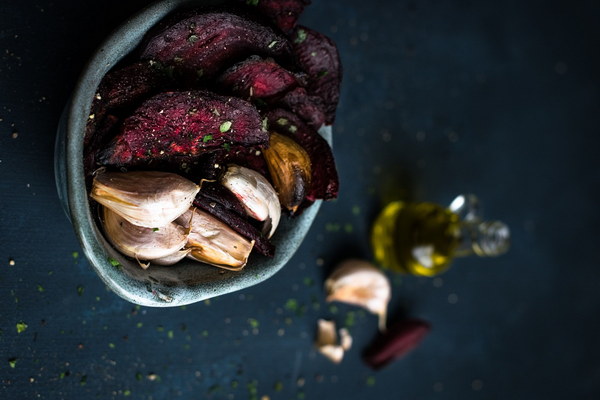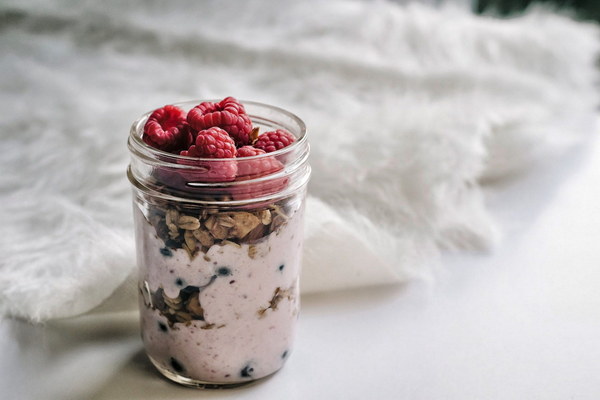Mastering the Art of Beauty Essential Skincare Tips for Oily Skin
Oily skin can be both a blessing and a curse. On one hand, it often results in a glowing complexion, but on the other, it can lead to clogged pores, breakouts, and an overall greasy appearance. If you're struggling with oily skin, fear not! We've compiled a comprehensive guide to help you achieve a healthy, radiant complexion. From cleansing to moisturizing, we've got you covered with essential skincare tips for oily skin.
1. Choose the right cleanser
The key to managing oily skin is to find a cleanser that effectively removes excess oil without stripping your skin of its natural moisture. Look for products that contain salicylic acid, glycolic acid, or benzoyl peroxide, as these ingredients are known to unclog pores and reduce oil production. Avoid harsh, alcohol-based cleansers, as they can exacerbate oiliness and lead to irritation.
2. Exfoliate regularly
Exfoliation is crucial for oily skin, as it helps to remove dead skin cells that can clog pores and contribute to breakouts. Opt for a gentle, chemical exfoliant with ingredients like glycolic acid or lactic acid. Use it once or twice a week, depending on your skin's sensitivity. If you have sensitive skin, consider using a physical exfoliant, such as a soft brush or cloth, to gently remove dead skin cells.
3. Use a lightweight moisturizer
Contrary to popular belief, oily skin still requires moisturization to maintain a healthy balance. Look for oil-free, non-comedogenic moisturizers that won't clog pores. Gel-based or water-based formulas are usually the best options for oily skin. Apply a small amount to your face, focusing on areas prone to oiliness, like the forehead, nose, and chin.

4. Control shine with blotting papers
Blotting papers are a quick and convenient way to absorb excess oil and control shine throughout the day. Simply press a paper against your skin to absorb oil without disturbing your makeup. Reapply as needed to maintain a matte finish.
5. Use a clay mask
Clay masks are excellent for absorbing excess oil and drawing out impurities from your pores. Apply a thin layer of a clay mask to your face, avoiding the eye area. Leave it on for 10-15 minutes, then rinse off with warm water. Use a clay mask once or twice a week for best results.
6. Protect your skin with sunscreen
Sun protection is essential for all skin types, including oily skin. Look for a broad-spectrum sunscreen with an oil-free formula. Applying sunscreen daily will help prevent premature aging and protect your skin from harmful UV rays.
7. Stay hydrated
Drinking plenty of water is beneficial for your skin's overall health, regardless of your skin type. Staying hydrated helps to regulate oil production and maintain a healthy balance.
8. Avoid over-exfoliating
Over-exfoliating can strip your skin of its natural oils, leading to increased oil production and potentially exacerbating breakouts. Stick to your skincare routine and avoid using harsh scrubs or exfoliants more than necessary.
9. Seek professional help
If you're struggling with severe acne or persistent oiliness, consider consulting a dermatologist. They can provide tailored advice and prescribe treatments, such as topical retinoids or oral medications, to help manage your oily skin.
In conclusion, managing oily skin requires a consistent and gentle skincare routine. By following these essential tips, you can achieve a healthy, radiant complexion that looks and feels great. Remember, patience and consistency are key to maintaining your skin's balance.









